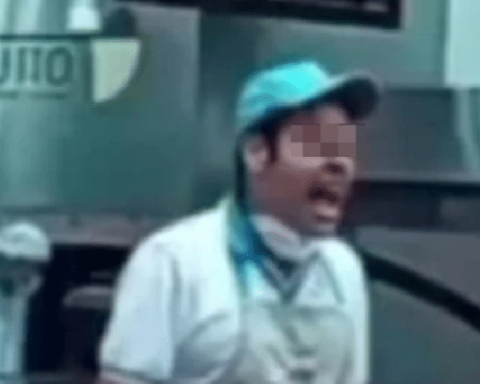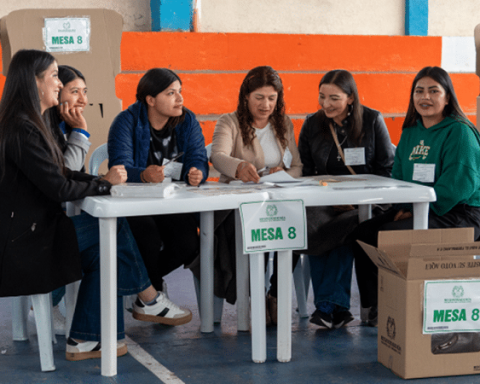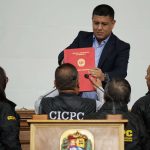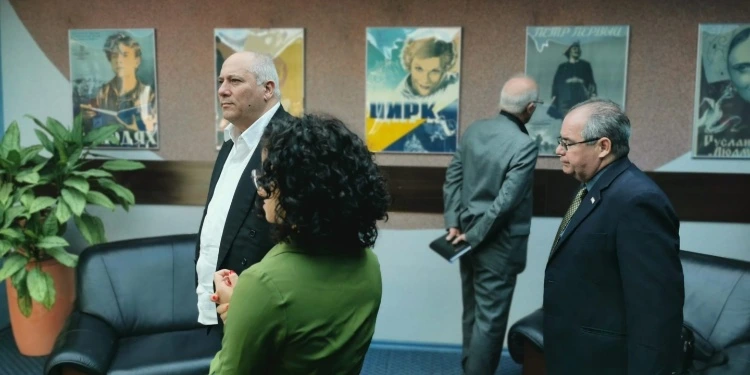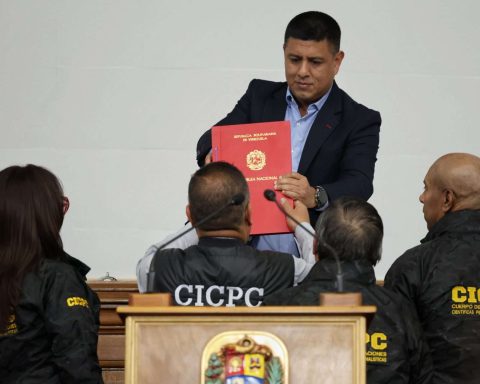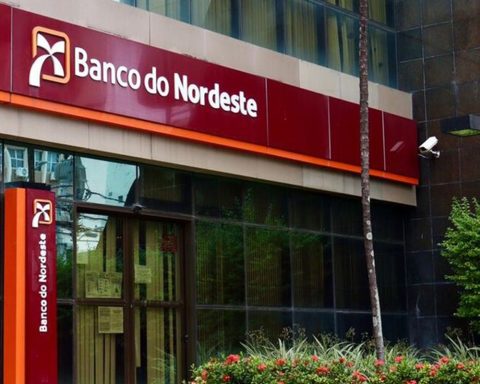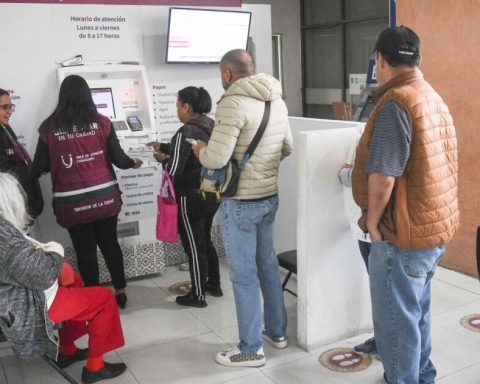Following the struggle in Congress and the denial of the amount of the General Budget of the Nation, the Bank of the Republic He assured that the intention of the Government, modify the fiscal rule as part of the strategies for funding public expenditures and investments for 2025 it is inconvenient.
That’s what he said the manager of the Issuer, Leonardo Villar, who clearly emphasized, at the Confecámaras congress, that it is not convenient to modify the fiscal rule, because it could make public debt more expensive.
(See: After the amount of the 2025 Budget was denied, what will happen with the financing law?).
Leonardo Villar, general manager of the Bank of the Republic.
Courtesy
Regarding how we are going to end this year, Villar stated that although the country is on a path to recovery, The outlook suggests that the Colombian economy will grow 1.8%. However, if conditions are met, the Colombian economy would be growing by 2.5% or even 3% in 2025.
“In general, we are seeing an economy that had a critical moment and is now going through a path of recovery.“.
Villar’s statements were made in a panel during the congress of the union that brings together the country’s chambers of commerce, moderated by Andrés Mompotes, general director of EL TIEMPO, Leonardo Villar, general manager of the Bank of the Republic; Marcela Eslava, professor at the University of the Andes; Luis Fernando Mejía, executive director of Fedesarrollo; and Piedad Urdinola, director of Dane, participated.
(See: Amid strong controversy, Congress denied the amount of the 2025 Budget).
In this context, For the Fedesarrollo economic research center, the tax changes that the Government contemplated in the financing bill represent a high-risk decision for the economy and business recovery, amid the challenges the country faces in getting the recovery off the ground.
Among the most relevant conclusions it was stated that a new tax reform, at this time, could affect the reactivation of the Colombian economy, weakening both household income and investment. In addition, experts pointed out that the Government must send clear messages to dispel “the clouds of uncertainty.”
For Mejía, the country is in a “complicated situation. A tax reform is inconvenient when the country is entering a stage of recovery, and households are feeling the impact of taxation. Thinking about reform is a very risky strategy,” held.
In the face of these challenges, Mejía pointed out that informality, the investment rate and uncertainty in economic policy are the main challenges that the country must face, since these have a direct impact on economic growth.
(See: What is the fiscal dictatorship and what is its relationship with the National Budget?).
“We have a challenging outlook. On the one hand, we see a fall in the investment rate, close to 17% of GDP, and this is due to monetary policy, high interest rates and the effects of the last two tax reforms (…) On the other hand, there is political and economic uncertainty, mainly due to announcements and measures that the Government has announced in sectors such as infrastructure, housing and mining and energy.“, the economist commented.
Marcela Eslava, a professor at the Universidad de los Andes, said that “it is not a good time to think about a reform in a context of economic recovery, since fiscal conditions make it difficult to reduce the tax burden on companies.”
“The clouds of uncertainty have to go away“, Eslava said.
The professor also highlighted the need to “rethink aid schemes to generate more employment” and to support companies so they can grow and innovate.”
(See: Will the General Budget for 2025 be issued by decree? Petro opened the possibility).
Finally, Piedad Urdinola, director of Dane, He referred to the country’s need to work on productivity.This is a topic that we must study much more in order to generate proposals that allow us to be more productive. There is a huge gap and we need to move the economy in a different way.”.
PORTFOLIO


